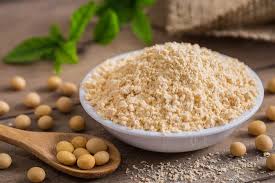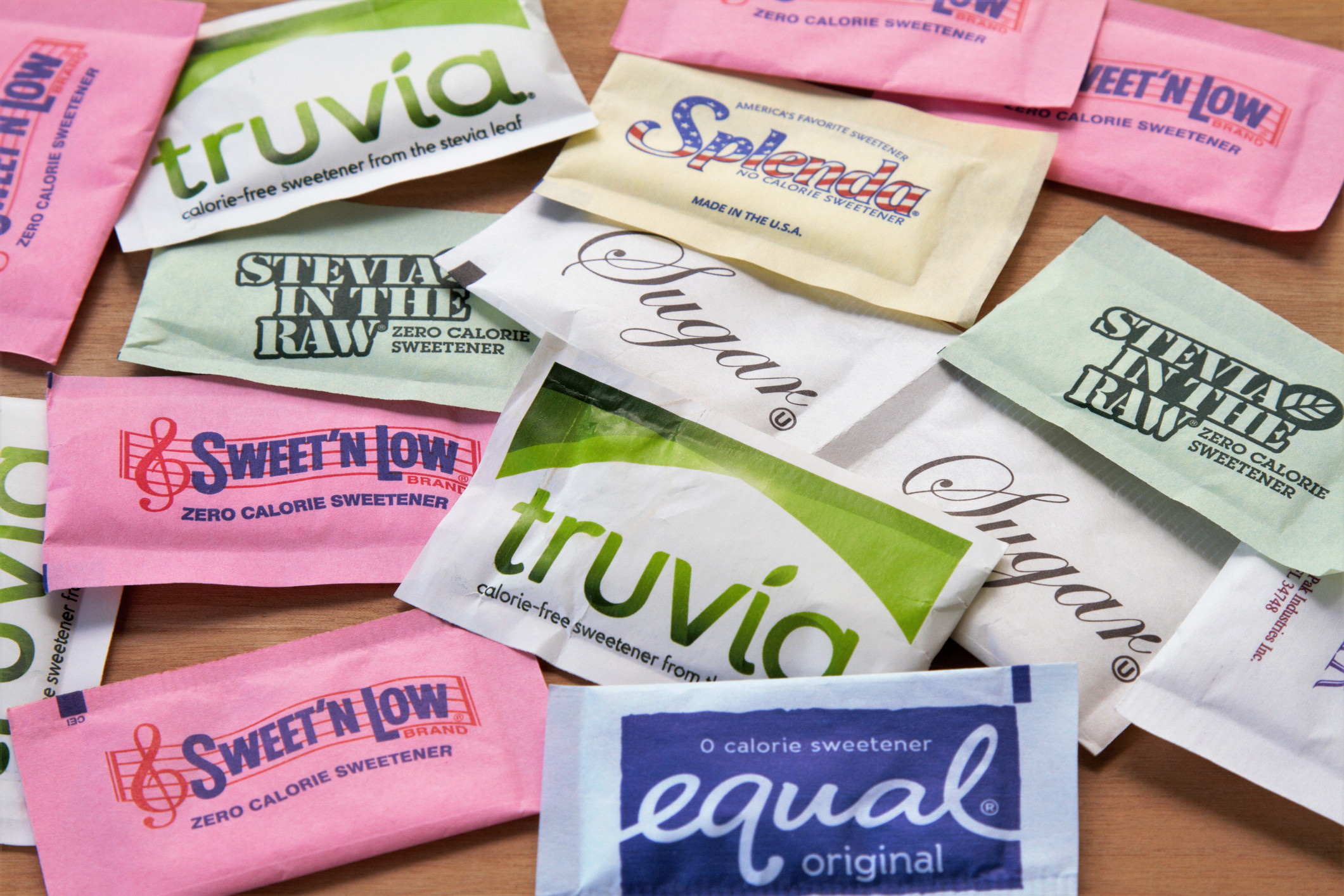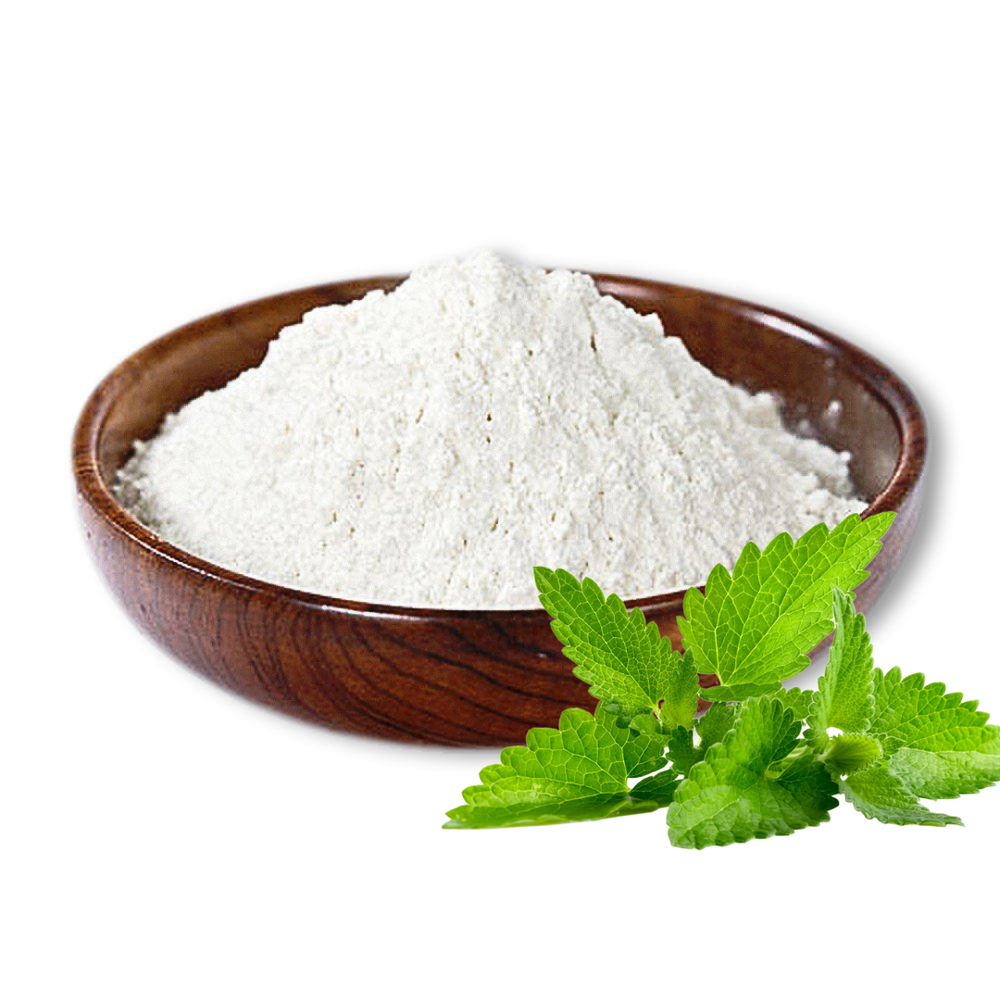
Xanthan Gum
Xanthan gum is a high-molecular-weight polysaccharide produced by fermentation of the bacterium Xanthomonas campestris. It is a natural, non-toxic, and widely used additive in food and industrial applications, known for its excellent stability and water solubility. Xanthan gum performs well across a broad pH range (2-12) and various temperatures, exhibiting unique pseudoplastic rheological properties—high viscosity at rest, thinning under shear, and rapid viscosity recovery. It is commonly used to improve texture, increase suspension stability, and prevent separation in liquid and semi-solid systems.
Key Applications
In the food industry, xanthan gum is extensively used in salad dressings, sauces, dairy beverages, baked goods, and gluten-free formulations to enhance product stability and mouthfeel. It also serves as a thickener and stabilizer in personal care products, improving texture and sensory experience. Industrially, its excellent suspension and flow control properties make it valuable in oil drilling fluids, agricultural pesticide suspensions, and cleaning products, boosting performance and ease of use.
Product Advantages
- *Strong stability over wide pH and temperature ranges
- *Pseudoplastic behavior for easy processing and rapid viscosity recovery
- *Effective thickening and stabilization at low concentrations
- *Stable in high-salt and enzymatic environments
- *Excellent suspension and anti-separation properties
- *Suitable for natural and clean-label product requirements



